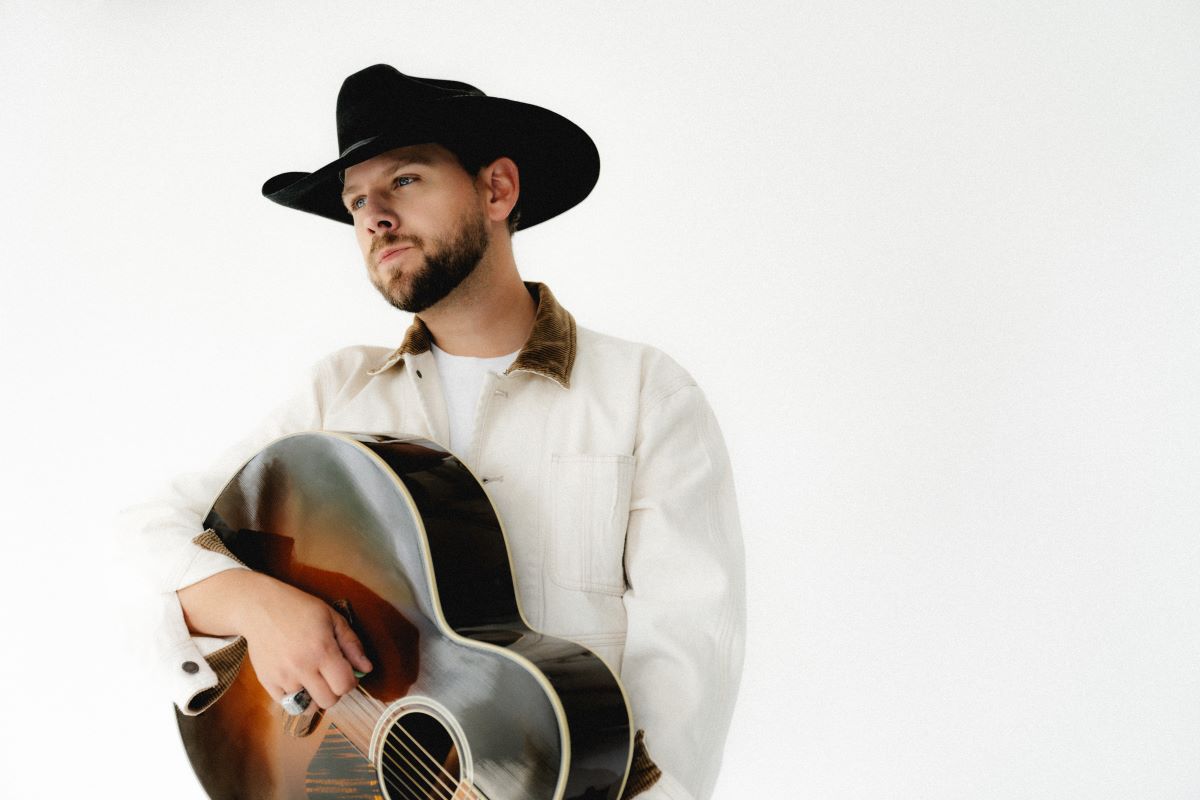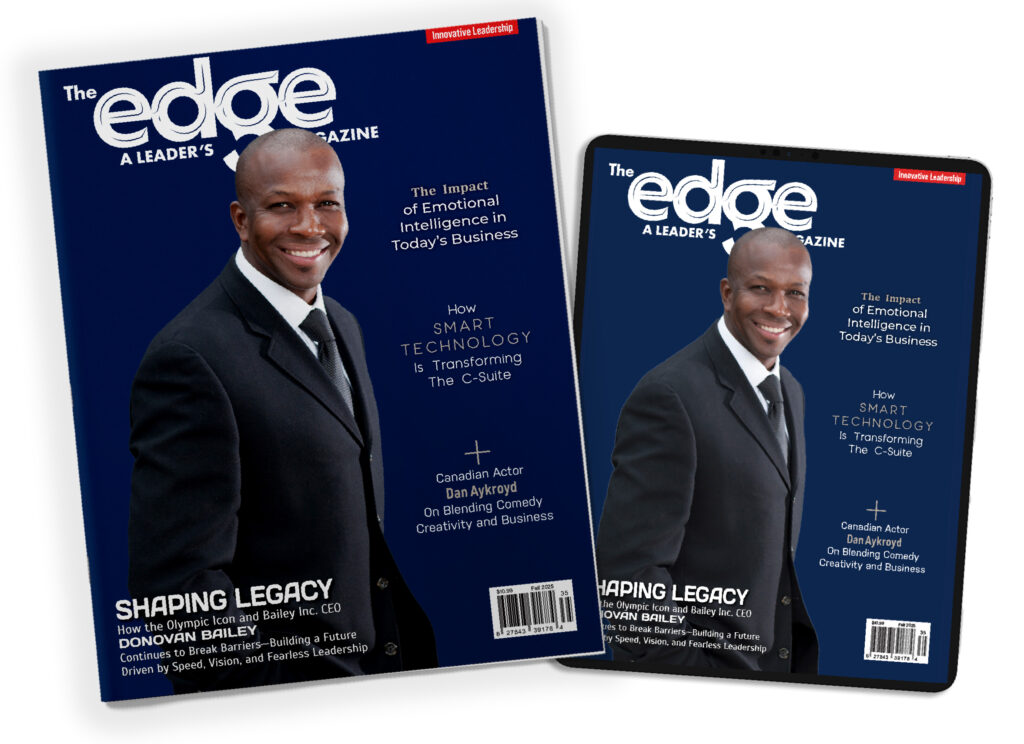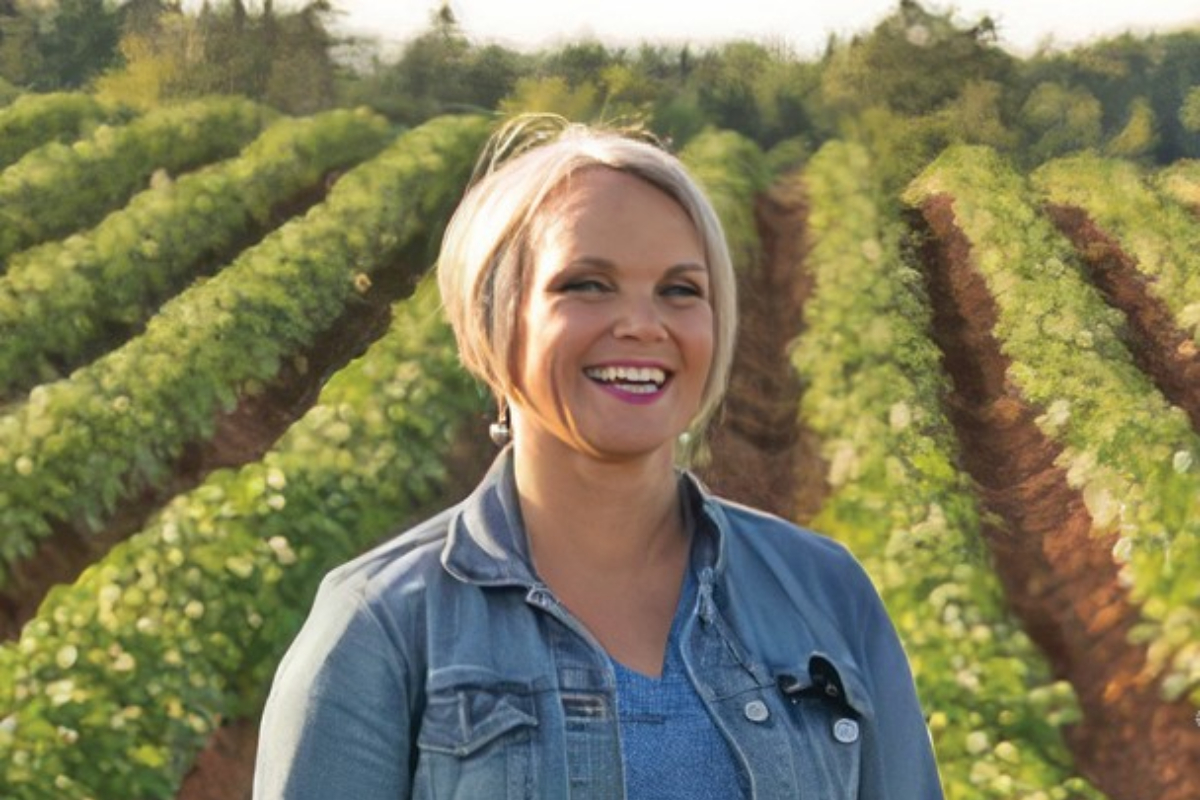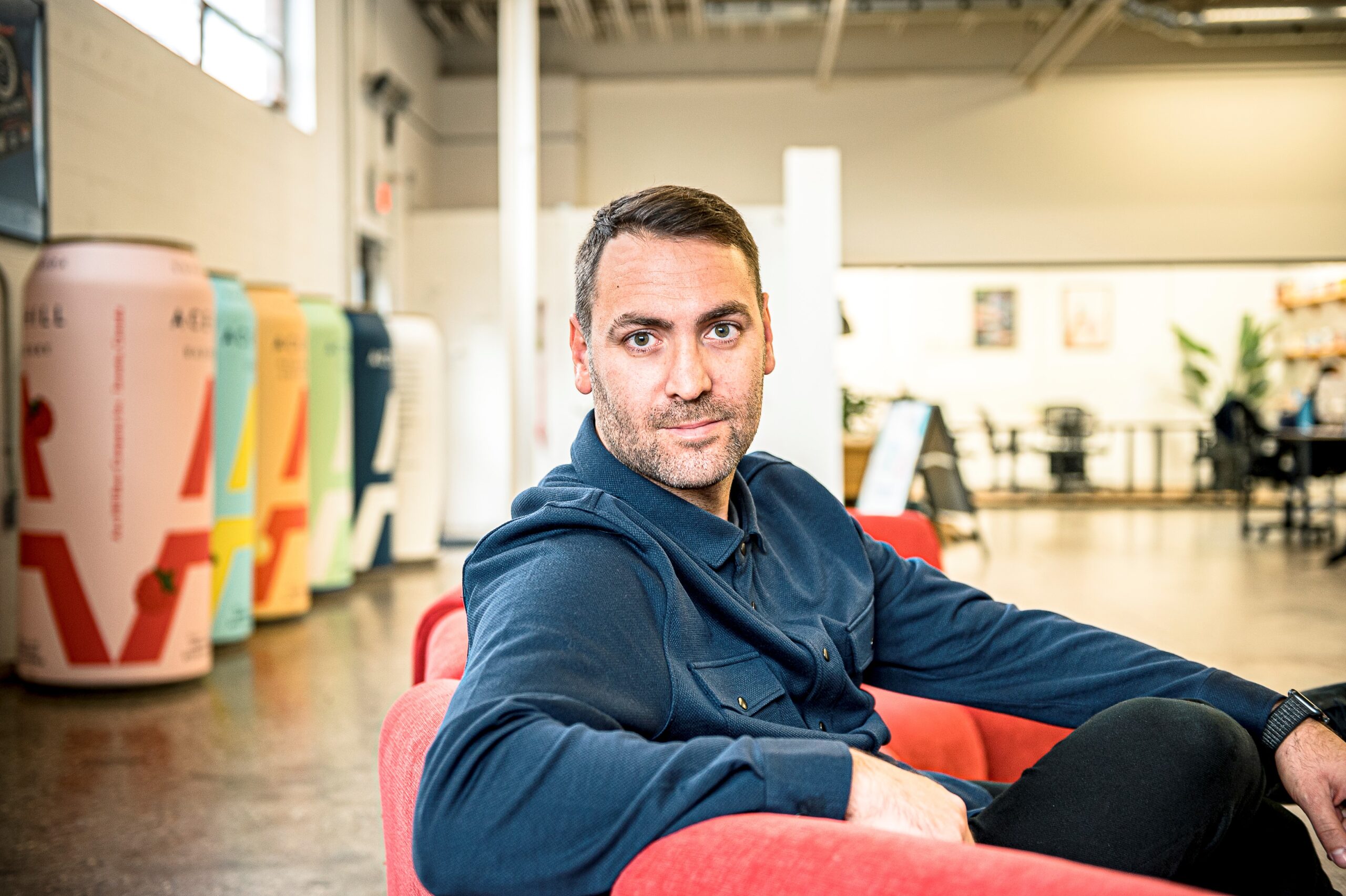The streaming age has redefined what a superstar is, and Brett Kissel qualifies as a classic example. The three-time platinum, three-time JUNO award winning artist is in the midst of his most ambitious project yet. The Compass Project, a four-part box set of albums is expected to be released by the end of the year, with the South and East Albums available now. Kissel spoke to The Edge, A Leader’s Magazine about success in the digital age.
EM: You’ve talked about how your acoustic album [East] is composed of songs you would play in a more intimate setting. How did that influence the writing process?
BK: The writing actually influenced the whole record. I had so many songs I was so proud of that were very acoustic — that was this beautiful marriage between lyric and melody. I was just in love with some of these songs. Your team is thinking about what’s your next commercial success. This was an entire album of the songs that I love that have fallen through the cracks because they never really fitted in a box. I realized I had enough songs that were outside of the box that you could create a box specifically for these songs. Every time I was inspired to write a song like this, I would. And I’ve just collected them over the last ten years.
EM: Streaming, ticket giants like Ticketmaster, and the internet generally have changed the music industry in the past 30 years. Has that made it more challenging to rise to the top?
BK: There’s no secret, I wish that there was. The reality is that with every great thing that has come, there’s also an equal negative reaction. The Spotify/Amazon/YouTube generation has been extraordinary in some ways. Thanks to the data that I’ve got and that my team can access, we know that we have fans in Chicago, and my agent can cold call some of these festivals and say, “Hey, if we put on a show, do you think it would go over well?” Every time it has. That is only thanks to the Spotify generation that knows no borders.
On the flip side, not a lot of people are taking deep dives for a full album. Nobody is spending $20 on a CD. Because very few people do that, it’s difficult to create a body of work. If you sell one album back in 1999 or 2001, and get a diamond record, everyone knows every song. You can actually create a real star in that situation. [But] I don’t find it to be that negative. That’s really cool for me to find pockets in the United States like Detroit and Dallas, and to know that these are really unique strong markets for me. I would have never known that.
EM: What are the Differences between American and Canadian Country Music?
BK: I would say that 95 per cent of it is so similar; similar themes, similar topics, and similar conversations. It’s really centered around love or lost love, triumph, or tough times. Sometimes just having a good time on a Friday night! It’s very difficult to not recycle old ideas. That five per cent I was talking about is the differences between American culture and Canadian culture — also my accent. It’s all about, “Hey everybody, won’t you come on over here?” In America, it’s like, “Y’all come here.” Americans pick it up. Everybody in America likes to say it’s a touchdown pass to win the game. Whereas I would rather say it’s an overtime goal to win the game.
EM: The Compass Project Album is an ambitious undertaking. What do you hope most fans will take away from it once it’s complete?
BK: I think the weight that these songs carry and the diversity in which I come at each song and each particular record; how diverse it is underneath the all-encompassing genre of country music — which has the most extraordinary umbrella of any genre. I hope if someone is listening to it, they can appreciate maybe what I’m capable of as a songwriter and a performer.
EM: How Much Emphasis Do You Place on Touring Versus Songwriting?
BK: I pretty much never write while I’m on the road — which a lot of people do, but I am so busy, chasing my family. I really have to get in the zone. I’m always writing down ideas, and every now and then a song idea will just hit me, and you’ve got to follow that inspiration because I’ve learned now that if you try to deny it, you will lose that song. I’ll write 30 songs in 14 days because I’m so inspired. I’m the most unique songwriter in that way and in terms of balance — there’s no comparison or no competition: I love performing.
Kenny Hedges | Contributing Writer


















